Clinical Corner
QShould we consider recommending antihistamines when prescribing isotretinoin for acne vulgaris?
Medically reviewed on 5.15.25 by Nicholas Brownstone, MD
Isotretinoin is undoubtedly the most efficacious treatment for moderate to severe recalcitrant acne vulgaris. Those that prescribe this drug see the powerful results it can achieve, yet many patients hesitate to pursue this treatment option despite failing to improve on other medications. Patients and their families have certain reservations about starting this drug. One of which is the fear of an initial “purge” or “flare” of their acne. It is imperative for clinicians to understand this phenomenon and of equal importance, how to prevent it.
To this end, several studies have surfaced investigating the role of combination therapies with isotretinoin. One of these combinations is the administration of antihistamines concurrent with isotretinoin. A small study conducted by Lee et al1 demonstrated a reduction in acne flares, lesion count, erythema, and sebum in those patients treated with combination therapy when compared to those on isotretinoin alone. Two more studies demonstrated similar results, showing a reduction in acne lesion count, acne flaring, and pruritus induced by isotretinoin in those receiving isotretinoin plus desloratadine.2,3 Pandey and Agrawal4 also assert that patients taking isotretinoin and levocetirizine compared to isotretinoin alone had a statistically significant decrease in both inflammatory and non-inflammatory lesion count and less flaring of acne.
Although these are relatively small studies, the results are promising.
Antihistamines are readily accessible, affordable, and generally regarded as safe. It would be reasonable to consider adding this to our treatment paradigm for patients on isotretinoin. In my own clinical practice, I have elected to add either omega 3 fatty acid supplementation or antihistamines concurrent with isotretinoin based on individual patient risk factors. Both have proven to be effective and have increased patient satisfaction and clinical outcomes.
References:
- Lee HE, Chang IK, Lee Y, et al. Effect of antihistamine as an adjuvant treatment of isotretinoin in acne: a randomized, controlled comparative study. J Eur Acad Dermatol Venereol. 2014;28(12):1654-1660. doi:10.1111/jdv.12403
- Hazarika N, Yadav P, Bagri M, Chandrasekaran D, Bhatia R. Oral isotretinoin with desloratadine compared with oral isotretinoin alone in the treatment of moderate to severe acne: a randomized, assessor-blinded study. Int J Dermatol. 2024;63(7):929-935. doi:10.1111/ijd.17129
- Van TN, Thi LD, Trong HN, et al. Efficacy of Oral Isotretinoin in Combination with Desloratadine in the Treatment of Common Vulgaris Acne in Vietnamese Patients. Open Access Maced J Med Sci. 2019;7(2):217-220. Published 2019 Jan 25. doi:10.3889/oamjms.2019.054
- Pandey D , Agrawal S . Efficacy of Isotretinoin and Antihistamine versus Isotretinoin Alone in the Treatment of Moderate to Severe Acne: A Randomised Control Trial. Kathmandu Univ Med J (KUMJ). 2019;17(65):14-19.


